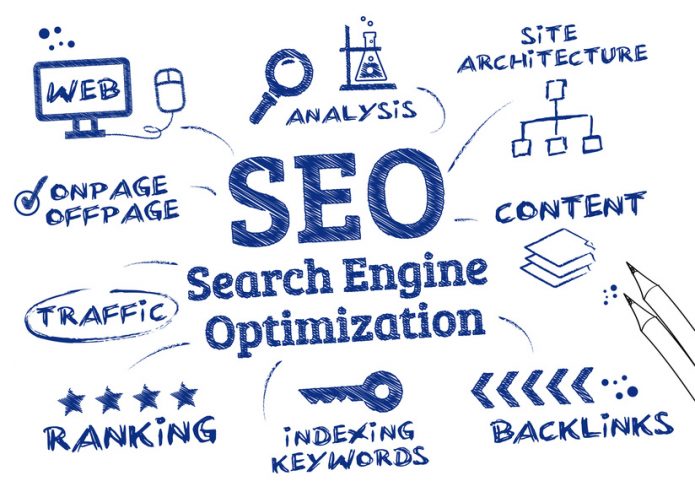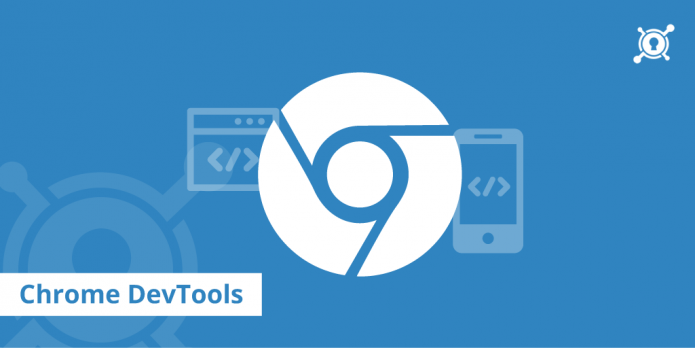Article Written by : Host Edition
There are so many applications and tools available in the SEO space that it is difficult to figure out what you can do with each tool. There are several industry professionals that give a list of each tool they use. However, the problem is, none of them will tell you what you can do with each tool. Here is a list of some of the tasks you can accomplish with many of the paid SEO tools available today:
Duplicate content
Looking for duplicate content on your website, or others are as simple as using Copyscape with each of your articles. What if you had thousands of pages? Checking an entire site is one area where a tool can speed up the process and save days of work.
Redirects
It is crucial to get a handle on all the redirects of a website. One small mistake can seriously affect the ranking of other pages. Once again a tool can aggregate all that information in one place. You can establish a baseline and then compare against that to make sure that there are no unauthorized changes.
Meta tags
Meta tags are still important. Use a tool and figure out which titles and descriptions lack length or content and fix them.
Log analysis
Very few people analyze web server logs. Instead, they look at Google crawl stats. However, if you use a good log analysis tool, you will be able to spot crawl issues before it appears on the search console. You might even be able to fix the issue before the next crawl.









